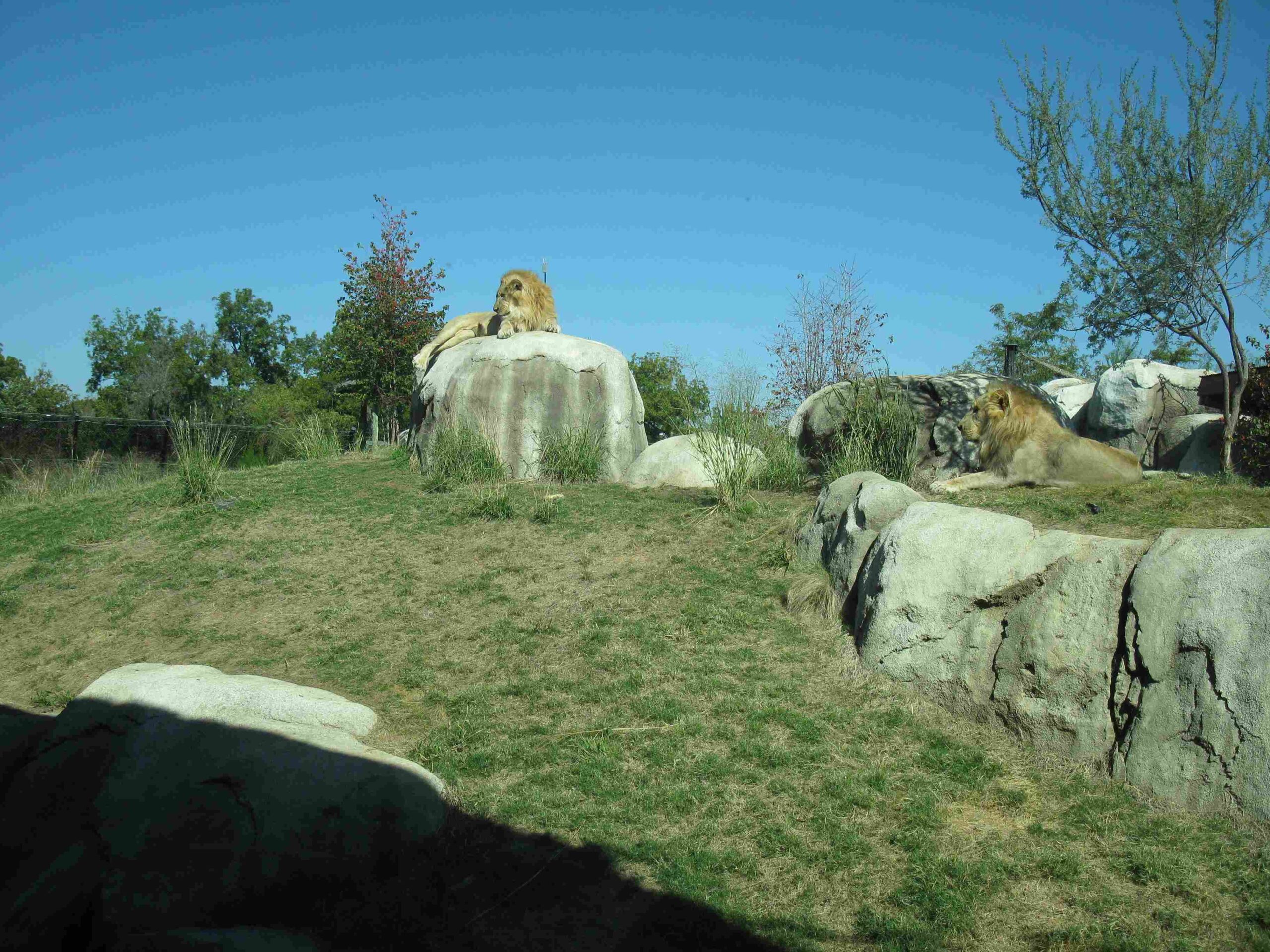The Dallas Zoo, home to majestic African elephants, does not offer public elephant feeding experiences. Instead, visitors can observe these magnificent creatures in their naturalistic habitats, such as the Giants of the Savanna exhibit. While direct interaction with elephants is not available, the zoo provides a wealth of information about their diet, care, and conservation efforts. This guide explores the elephant experience at Dallas Zoo, focusing on their feeding habits and the zoo’s approach to elephant care.
What is the Elephant Feeding Schedule at Dallas Zoo?

Contrary to what some visitors might expect, the Dallas Zoo does not have a public elephant feeding schedule. The elephants are fed throughout the day by their dedicated caretakers, but these feedings are not scheduled events for public viewing. Instead, the zoo focuses on providing a more natural environment where elephants can engage in foraging behaviors similar to those in the wild.
Elephant Observation Opportunities
While you can’t feed the elephants directly, there are several ways to observe and learn about them:
- Giants of the Savanna Exhibit: This expansive habitat allows visitors to see elephants engaging in natural behaviors, including foraging and social interactions.
- Keeper Talks: Scheduled presentations where zoo staff share information about elephant care and conservation.
- Elephant Demonstrations: Occasional demonstrations showcasing the elephants’ natural behaviors and abilities.
What Do Elephants Eat at Dallas Zoo?

The diet of African elephants at Dallas Zoo is carefully curated to mimic their natural eating habits. Here’s a breakdown of their dietary components:
| Food Type | Examples | Importance |
|---|---|---|
| Vegetation | Grasses, leaves, branches | Primary food source, provides fiber |
| Fruits | Apples, melons, berries | Offers variety and essential nutrients |
| Roots | Various tubers and root vegetables | Mimics natural foraging behavior |
| Bark | From safe tree species | Provides additional nutrients and enrichment |
| Supplements | Vitamin and mineral additives | Ensures balanced nutrition |
An adult elephant at Dallas Zoo can consume up to 300 pounds of food per day. This substantial amount reflects the enormous nutritional needs of these gentle giants.
Why Doesn’t Dallas Zoo Offer Public Elephant Feeding?
The decision not to offer public elephant feeding experiences stems from several important factors:
- Safety: Elephants are powerful animals, and direct interaction with the public can pose risks to both humans and elephants.
- Animal Welfare: Controlled feeding by trained professionals ensures that elephants receive the proper diet in appropriate quantities.
- Natural Behavior: By not having scheduled public feedings, elephants can maintain more natural feeding patterns throughout the day.
- Conservation Focus: The zoo emphasizes education about elephant conservation rather than interactive experiences.
How Does Dallas Zoo Ensure Proper Elephant Nutrition?
Maintaining the health of their elephant residents is a top priority for Dallas Zoo. Here’s how they ensure proper nutrition:
- Customized Diets: Each elephant’s diet is tailored to their individual needs, considering factors like age, weight, and health status.
- Regular Health Checks: Veterinarians and nutritionists regularly assess the elephants’ health and adjust their diets as needed.
- Natural Foraging Opportunities: The habitat design encourages elephants to engage in natural foraging behaviors, promoting physical and mental well-being.
- Seasonal Variations: The zoo adjusts the elephants’ diets to reflect seasonal changes in food availability, mimicking wild conditions.
What Can Visitors Learn About Elephant Feeding at Dallas Zoo?
While you can’t feed the elephants yourself, there are numerous educational opportunities:
- Informational Displays: Exhibits around the elephant habitat provide details about their diet and feeding habits.
- Keeper Talks: Staff members share insights into elephant care, including feeding practices.
- Educational Programs: The zoo offers various programs that discuss elephant conservation and care.
- Observation Areas: Strategically placed viewing points allow visitors to watch elephants foraging in their habitat.
How Does Dallas Zoo’s Approach to Elephant Feeding Compare to Other Zoos?
Dallas Zoo’s approach aligns with modern zoological practices that prioritize animal welfare and natural behaviors. Here’s a comparison:
| Aspect | Dallas Zoo | Some Other Zoos |
|---|---|---|
| Public Feeding | Not offered | May offer limited experiences |
| Diet Composition | Mimics natural diet | Similar approach, may vary in specifics |
| Feeding Schedule | Throughout the day | May have set public viewing times |
| Educational Focus | Conservation and natural behavior | Varies, may include more interactive elements |
What Are the Benefits of Dallas Zoo’s Elephant Feeding Approach?
The zoo’s approach to elephant feeding offers several advantages:
- Enhanced Animal Welfare: By allowing elephants to feed naturally throughout the day, the zoo promotes better physical and mental health.
- Educational Value: Visitors learn about elephant behavior and conservation without interfering with the animals’ routines.
- Research Opportunities: The natural feeding approach allows for valuable research on elephant behavior and nutrition.
- Conservation Message: It reinforces the importance of preserving natural habitats where elephants can engage in their innate behaviors.
How Can Visitors Support Elephant Conservation at Dallas Zoo?
While you can’t feed the elephants, there are many ways to support their care and conservation:
- Zoo Membership: Become a member to support ongoing elephant care and research.
- Adopt an Elephant: Participate in symbolic adoption programs that fund elephant care.
- Attend Educational Programs: Learn more about elephants and spread awareness.
- Volunteer: Contribute time to support zoo operations and conservation efforts.
- Donations: Contribute to specific elephant care and conservation initiatives.
In conclusion, while Dallas Zoo does not offer a ‘feed the elephants’ experience, it provides a wealth of opportunities to learn about and appreciate these magnificent animals. The zoo’s approach prioritizes elephant welfare, natural behaviors, and conservation education, offering visitors a chance to observe and understand elephants in a setting that closely mimics their natural habitat. By focusing on these aspects, Dallas Zoo contributes significantly to elephant conservation efforts and public education about these incredible creatures.
References:
1. Dallas Zoo General Information
2. Dallas Zoo Animal Encounters and Experiences
3. Dallas Zoo African Elephants

